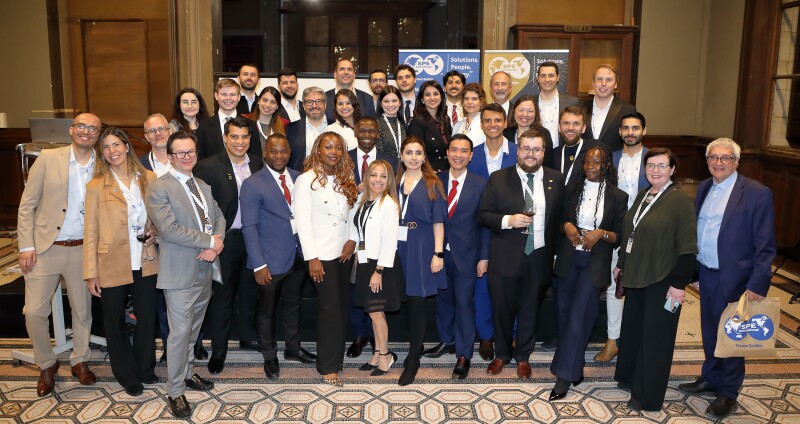SPE Beyond the Borders (BtB) is a young professionals (YPs) initiative created by many European SPE sections with a shared goal: to provide networking and development opportunities for YPs—by YPs. More than just an event, it’s a living testimony to what happens when early-career professionals are trusted to lead, connect, and shape the future of energy.
Solutions. People. Energy.
From 19 to 21 March 2025, SPE France had the honor of hosting the annual BtB event in the heart of Paris. Over 3 dynamic days, this initiative gathered YPs, senior leaders, students, and global experts to explore, question, and contribute to the rapidly transforming energy landscape. As we reflect on the outcomes and spirit of the event, one truth stands out: when YPs are brought to the forefront—not just as participants, but as co-creators—the energy industry benefits from fresh perspectives, interdisciplinary collaboration, and enduring human connection.
Day 1: Building Trust Beyond Words
The conference began with a simple but powerful gesture: introductions. Before any formal presentations or industry deep dives, attendees were invited to share who they were, where they came from, and why they were there. The room buzzed with diverse accents, career journeys, and aspirations. This openness set the tone for the days ahead—BtB would not be a passive experience but a participatory one.
The first major activity was the card game “5 Tricks,” an icebreaker that offered more than entertainment. Designed to simulate diverse and multicultural environments, the game had one surprising rule: no verbal communication. Participants had to collaborate silently across rotating teams, relying solely on observation, interpretation, and adaptability. In a world where the energy industry is increasingly global and interdisciplinary, this simple game underscored a deep lesson: Successful collaboration often depends more on active listening and empathy than on expertise alone.
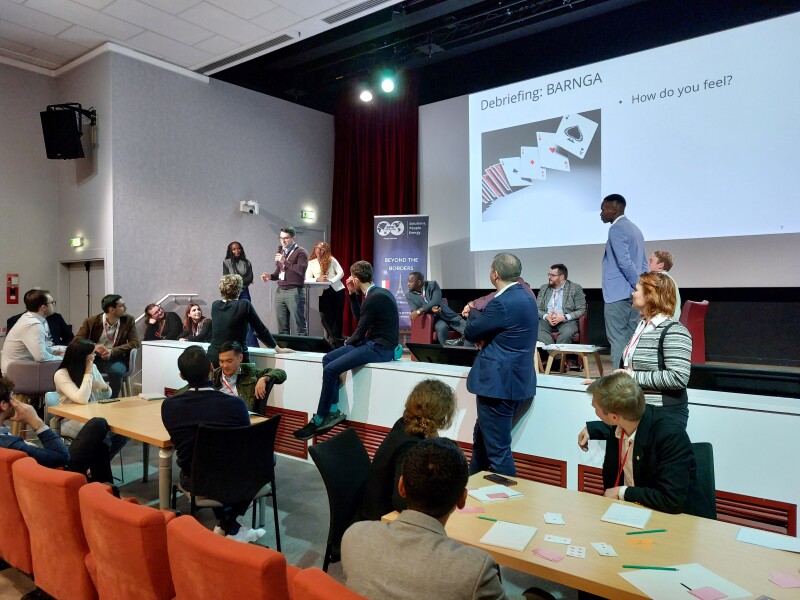
The day concluded with a relaxed networking session over pizza and beer. What might seem casual on the surface held deep value. Early-career professionals mingled with senior engineers, academics, and entrepreneurs— without hierarchy. These unfiltered conversations laid the foundation for relationships that extended beyond national borders and job functions.
Day 2: Equipping Minds for the Energy Transition
Day 2 was devoted to equipping attendees with the knowledge and skills required to contribute meaningfully to the energy transition.
The Climate Fresk workshop was the highlight of the morning. A globally recognized tool for climate education, this workshop prompted participants to reflect on the cause-and-effect chain of climate change—from emissions to global warming, and from biodiversity loss to social instability.
The visual and interactive format broke down complex science into tangible systems thinking. For many, this session transformed climate change from an abstract crisis into an interconnected reality, empowering them to become better advocates and problem-solvers.
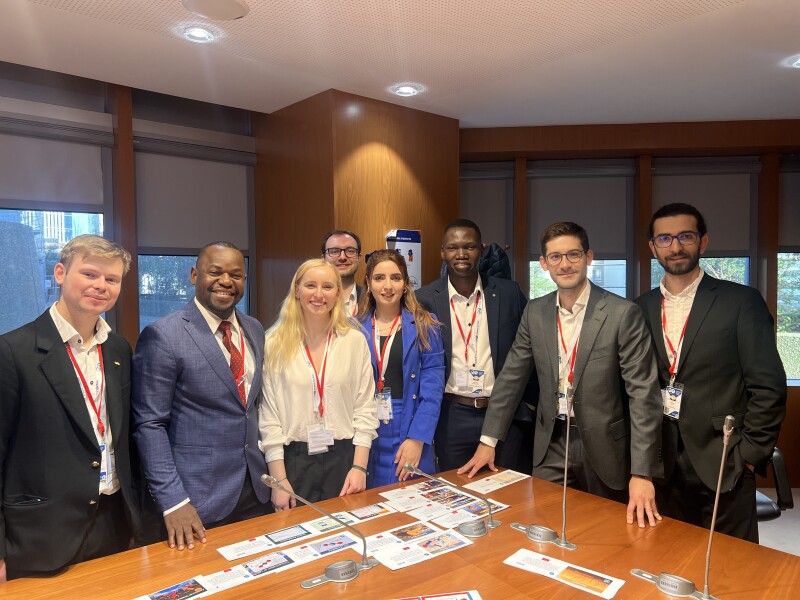
Next came a datacentric session—a deep dive into global consumption patterns, with sobering comparisons to COP21 targets. Delegates reviewed global emissions by country and per capita, analyzed energy demand in climate-vulnerable regions like sub-Saharan Africa and the Middle East, and considered the geopolitical complexities driving energy decisions. Far from just charts and graphs, this session sparked genuine dialogue on energy equity and the realities of transitioning in a fragmented world.
Industry innovation was then brought to the stage through TotalEnergies’ update on its methane and CO2 reduction efforts. Attendees learned how drone technology is now being deployed for real-time emissions monitoring, how flaring and venting are being minimized, and why major oil and gas projects are now being planned entirely outside Europe.
These insights offered a glimpse into how a traditional oil and gas major is reimagining its footprint with technology and transparency.
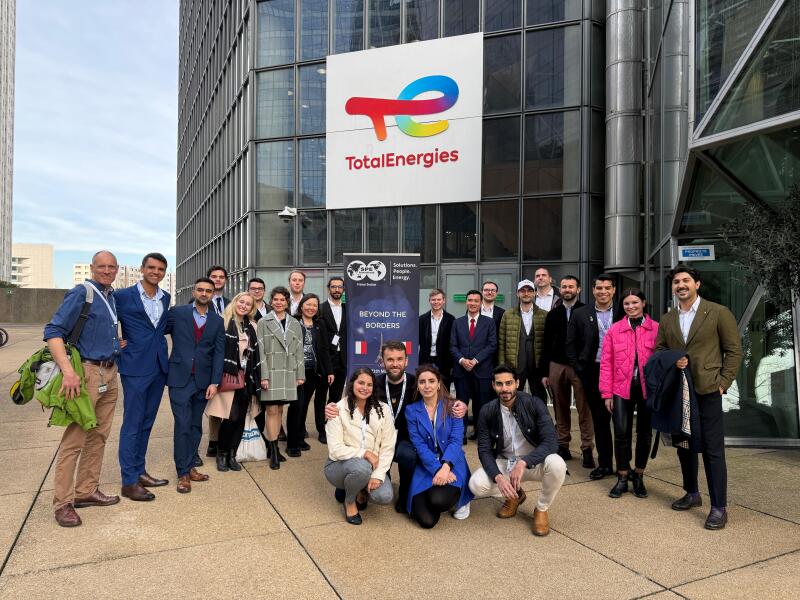
But perhaps the most inspiring session of the day was the YPs in Energy Transition workshop. YPs from various backgrounds came together to discuss their evolving roles in geothermal, carbon capture and storage, hydrogen, and new energy sectors. Attendees shared stories of reskilling, learning curves, and being given leadership on green projects early in their careers. The message was clear: The industry is not just changing—it's inviting YPs to be part of the change.
SPE France’s 40th Anniversary: Honoring the Past, Embracing the Future
That evening, attendees gathered at the iconic Musée des Arts et Métiers to celebrate SPE France Section’s 40th anniversary. It was a moment of pride—not just for the French Section, but for the global SPE community. Former and current leaders from SPE International and SPE Europe delivered messages on the section’s evolution from a technical association of petroleum engineers to a globally diverse community leading conversations on innovation, inclusion, and sustainability.
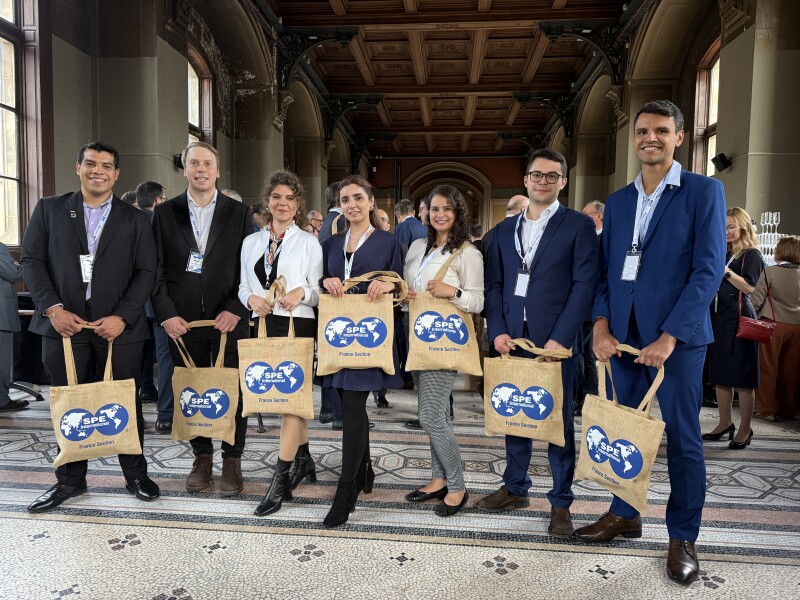
The evening featured panel discussions, anniversary awards, and of course, time to toast and reflect. For many young attendees, this celebration was an anchor—it reminded them they were part of something much bigger than themselves: a legacy of shared knowledge, integrity, and service.
Day 3: A Front Row Seat to Energy Innovation
The final day took participants to SLB’s technological hub in Clamart, where cutting-edge technology met practical applications.
From artificial intelligence-powered borehole imaging to thermal panels and shallow geothermal systems, participants witnessed how SLB is reengineering traditional services to meet tomorrow’s sustainability standards. The tour also featured TotalEnergies’ GranMorgu FPSO case study, where electric grid connectivity and hybrid fuel systems are being piloted to reduce offshore emissions.
Sessions on hydrogen technologies were another highlight. Genvia introduced their solid oxide electrolyzer, while the International Energy Agency outlined a global overview of hydrogen production pathways and industrial applications. These sessions reinforced the interdisciplinary nature of future energy systems where chemistry, engineering, policy, and business intersect.
The day also emphasized the human side of transition. Workshops on diversity, equity, and inclusion, as well as sustainability leadership, helped participants reflect on the kind of workplace culture needed to drive lasting transformation. Leadership in the energy sector, it was emphasized, is no longer defined by technical authority alone but also by emotional intelligence, inclusive decision-making, and shared responsibility.
The conference concluded with an open forum on the future of SPE. Attendees discussed ways to increase accessibility, relevance, and representation. Suggestions ranged from hybrid conference models and more student mentorship to increased cross-section exchanges and localized engagement.
The energy was high, the ideas were plenty—and the will to act, evident.
Final Reflections: Why BtB Matters
The BtB conference is a reminder of what SPE does best: It connects people—not just across disciplines, but across generations, experiences, and aspirations.
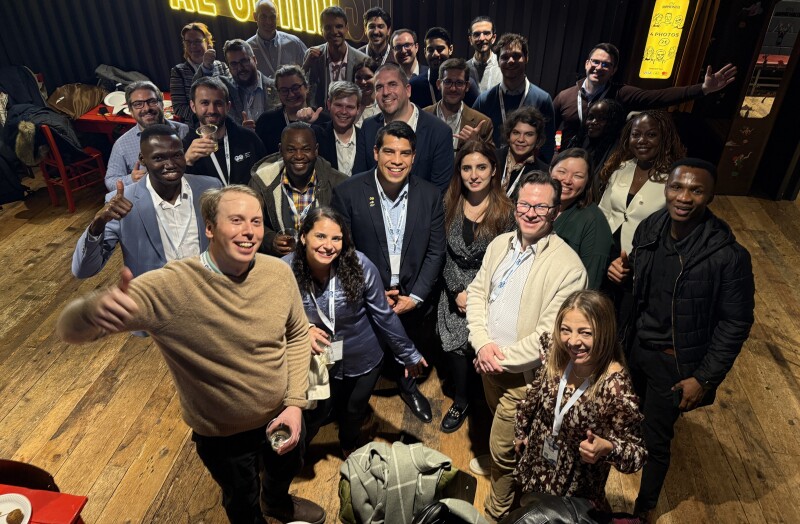
Organized by YPs for YPs, this initiative offers a safe and inspiring space where learning meets leadership, and where the future of energy is not only discussed, but co-created. SPE France is deeply proud to have hosted this year’s edition, and we are more committed than ever to supporting the continuous growth of our YPs.
Because when we create opportunities for YPs by YPs, we do more than build careers—we build a better, more resilient future.

Ainur Kaken is an energy professional with more than 20 years of oilfield service experience in technical and managerial roles across Angola, Kazakhstan, Russia, and France. She began her career with SLB as a cementing field engineer and later provided global technical support from the Paris HQ. Kaken holds an executive master’s in future energy from ESCP London and currently teaches management courses at École de Management Léonard de Vinci. An SPE member since 2004, she serves as chair of the SPE Well Integrity Technical Section and YP Committee Chair for SPE France.

Ana Claudia Angelo Matusse is a reservoir engineer with more than 4 years of experience in the energy industry. She began her career onshore in Mozambique with Sasol Petroleum Temane as a petroleum engineer before joining TotalEnergies, where she has held roles as a reservoir engineer and currently serves as product owner for a newly developed tool dedicated to greenhouse gas emissions management. An SPE member since 2018, she contributes to the SPE France Young Professionals Committee. She is also actively engaged in mentoring YPs in the energy sector.
She holds a master’s degree in reservoir engineering and geosciences from IFP School.

Moreen Ninsiima is a reservoir engineer at TotalEnergies (Via CVA), advancing R&D in carbon capture and storage. A former SLB and TotalEnergies intern, she brings a global perspective shaped by degrees in petroleum and environmental engineering (Uganda) and geosciences and reservoir engineering (France), the latter completed in December 2024 with SLB sponsorship.
She actively contributes to the energy community as deputy for the SPE France Section’s Young Professionals Committee. Ninsiima also curates Moments of Clarity, a reflective newsletter that bridges personal growth with the evolving energy landscape.

